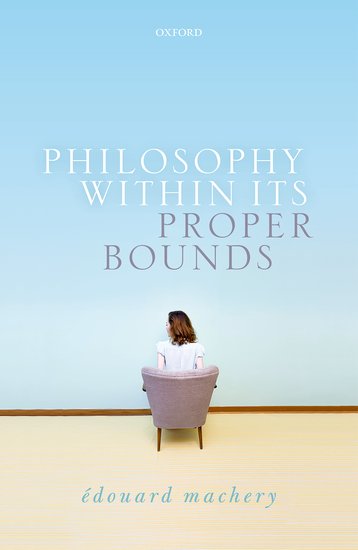
We are grateful to Edouard Machery for blogging this week on Philosophy Within its Proper Bounds (Oxford, 2017). To view all his posts on a single page, please click here. And watch this space for updates on other upcoming events at Brains.
In the previous post, I argued for a minimalist characterization of the method of cases, which I share with some of the most well-known critics of experimental philosophy. In this post, I want to present the two arguments against the method of cases, developed in Chapter 3 and 4 of …
In the previous post, I introduced the method of cases: To find out whether modal claims are true, philosophers describe actual and possible situations and assess what facts hold in these situations. For instance, following Gettier’s classic paper, to determine whether, necessarily, someone knows that pif and only if she …
Does responsibility require the possibility to have done otherwise? Does knowledge require safety? Can causation be reduced to some form of counterfactual dependency? Could a material duplicate fail to be a psychological duplicate? To answer these and similar questions, one must gain knowledge about metaphysical possibilities and necessities. One must …

We are grateful to Edouard Machery for blogging this week on Philosophy Within its Proper Bounds (Oxford, 2017). To view all his posts on a single page, please click here. And watch this space for updates on other upcoming events at Brains.
In my final post I consider whether all our visual cues to scale function at the level of cognition rather than vision, and the kind of theory that ‘vision without scale’ would imply. 1. Physiological Cues There are two aspects to 3D vision: shape and scale. So far we have …
My account of 3D vision attempts to preserve many of the traditional commitments of naïve realism, whilst rejecting its central tenet of mind-independence. In this fourth post I explain why this provides a more satisfactory solution to variations in scene geometry with viewing conditions than recent ‘four-dimensional’ accounts. 1. Naïve …
In my second post I questioned whether the integration of pictorial cues and binocular disparity occurs at the level of perception. In this third post, I push the argument further by questioning whether pictorial cues contribute to 3D vision at all. 1. ‘Monocular Stereopsis’ (Seeing Depth with One Eye) It …